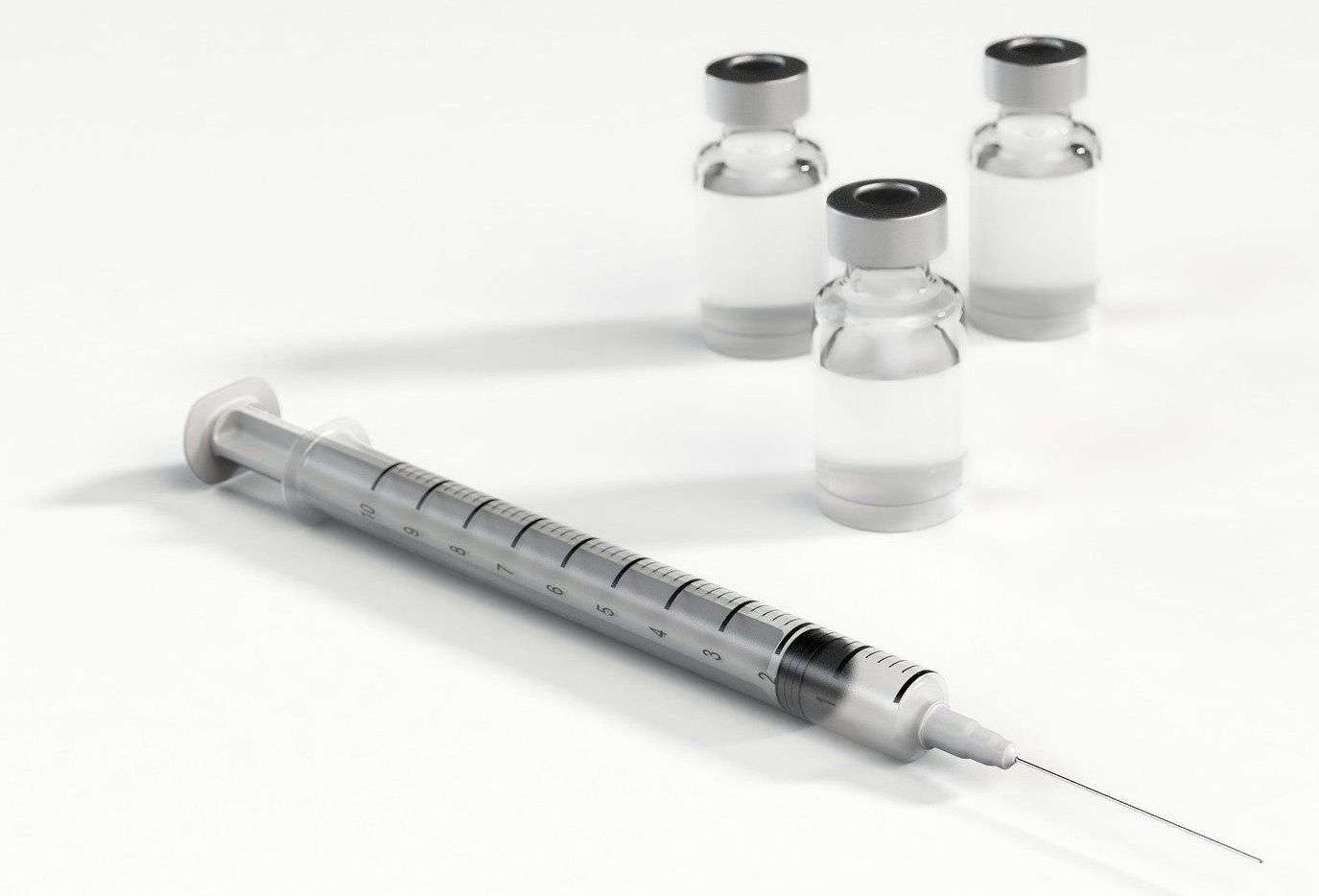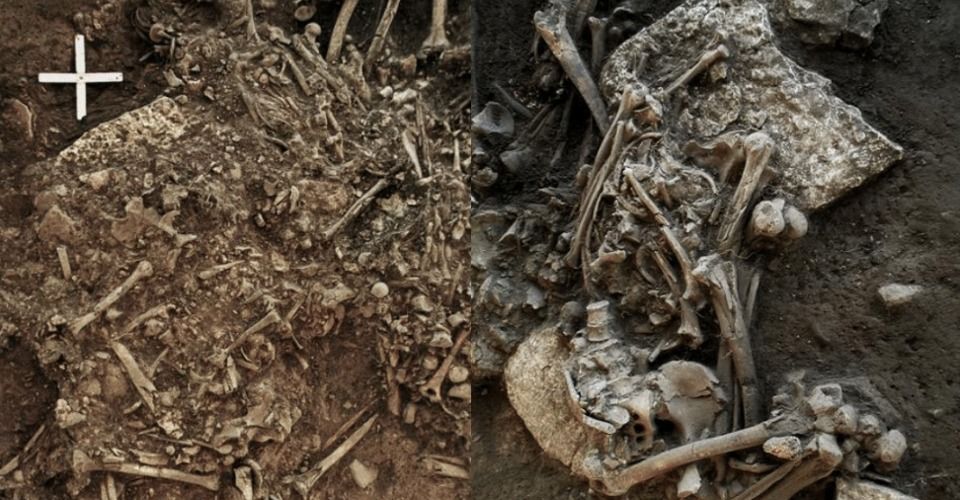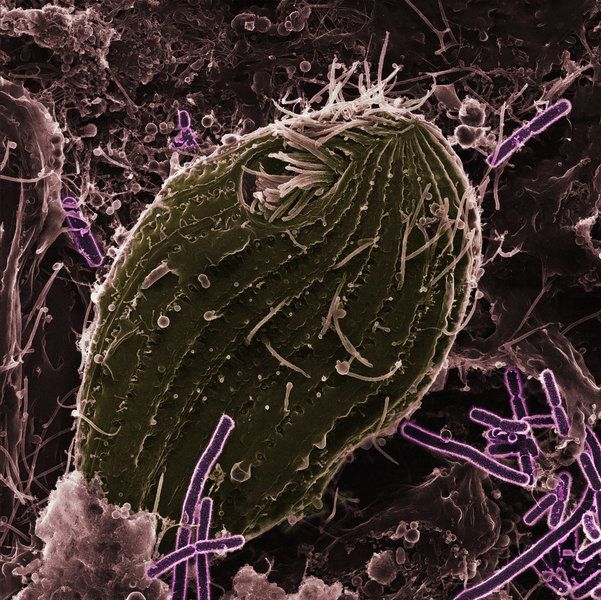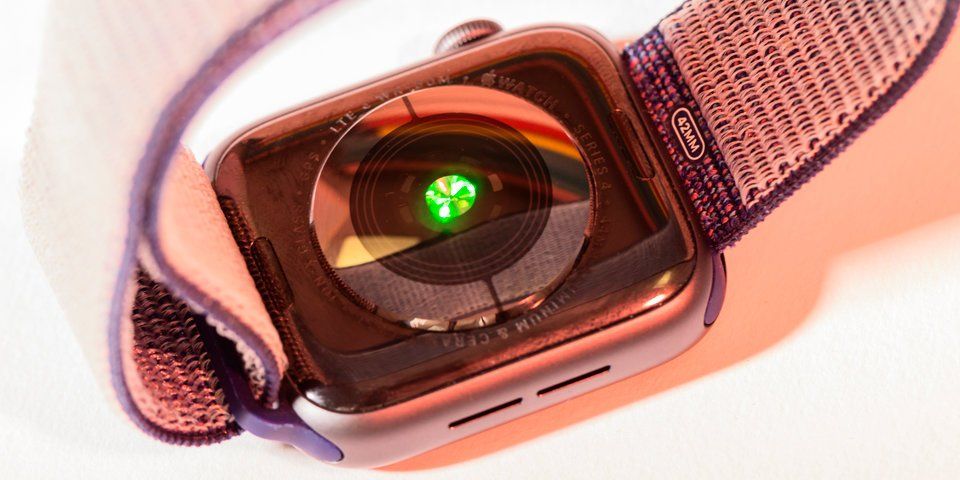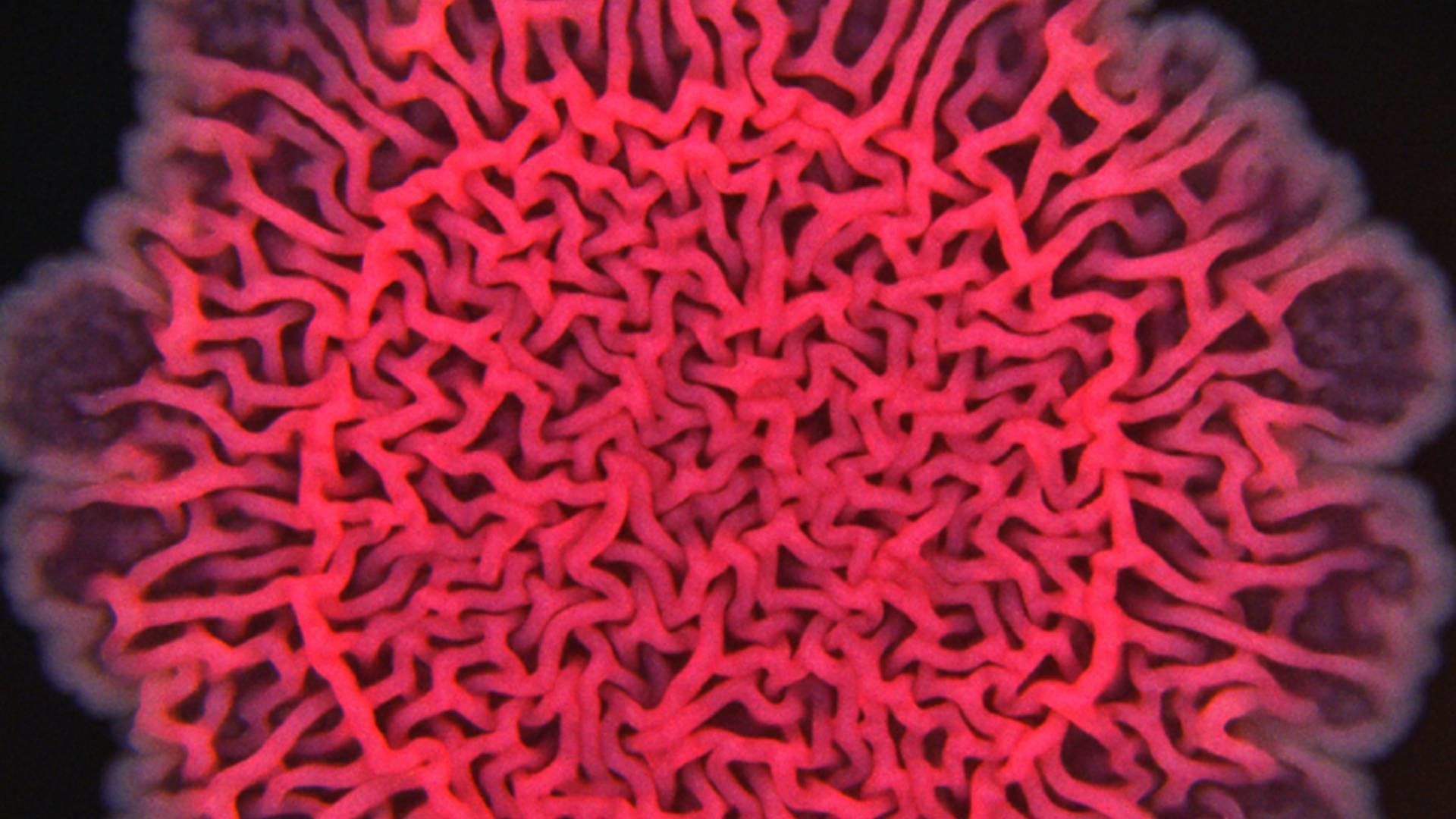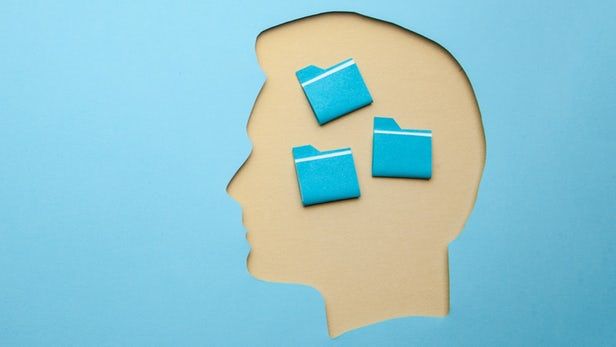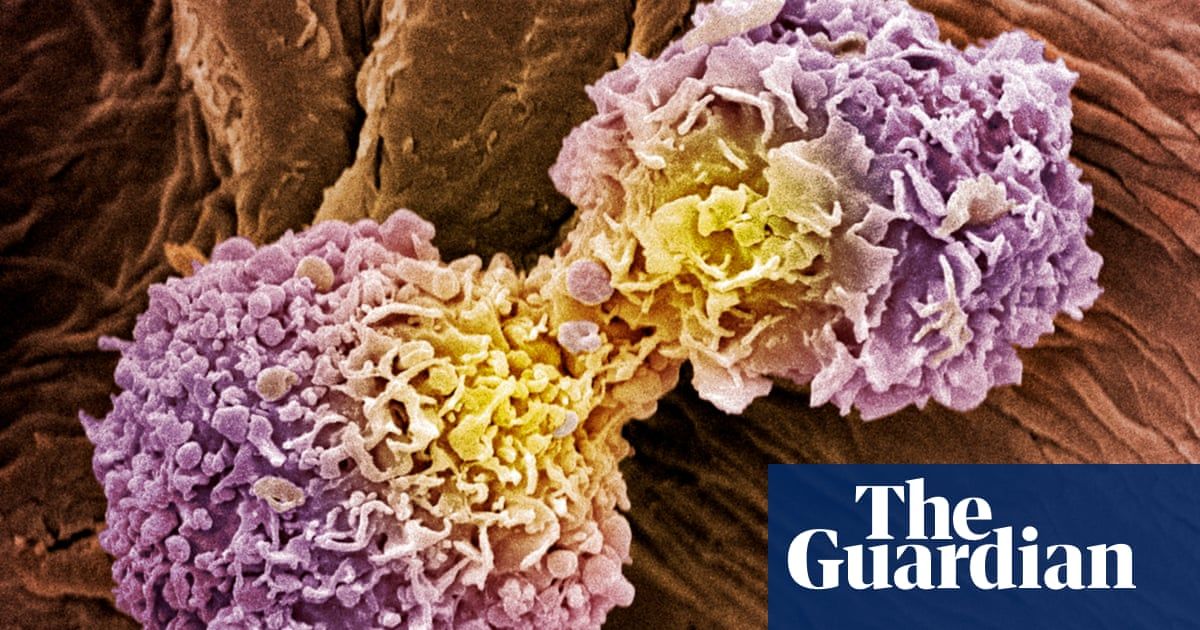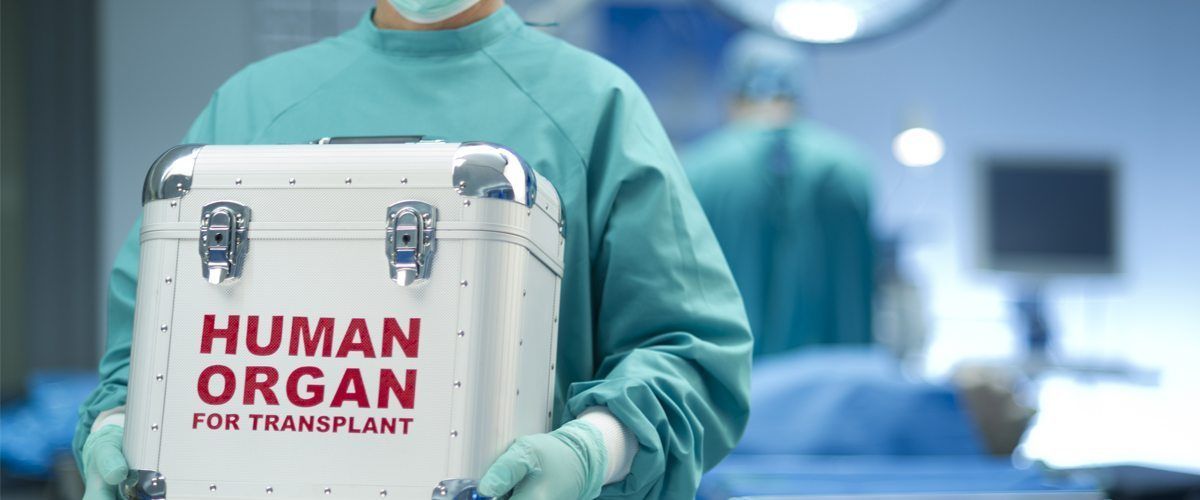Dec 6, 2018
Major breakthrough in quest for cancer vaccine
Posted by Nicholi Avery in categories: biotech/medical, innovation
The idea of a cancer vaccine is something researchers have been working on for over 50 years, but until recently they were never able to prove exactly how such a vaccine would work.
Now, a team of researchers at the Institute for Research in Immunology and Cancer (IRIC) at Université de Montréal has demonstrated that a vaccine can work. Not only that, it could become an extremely effective, non-invasive and cost-effective cancer-fighting tool.
The team’s work was published yesterday in Science Translational Medicine.
Continue reading “Major breakthrough in quest for cancer vaccine” »
